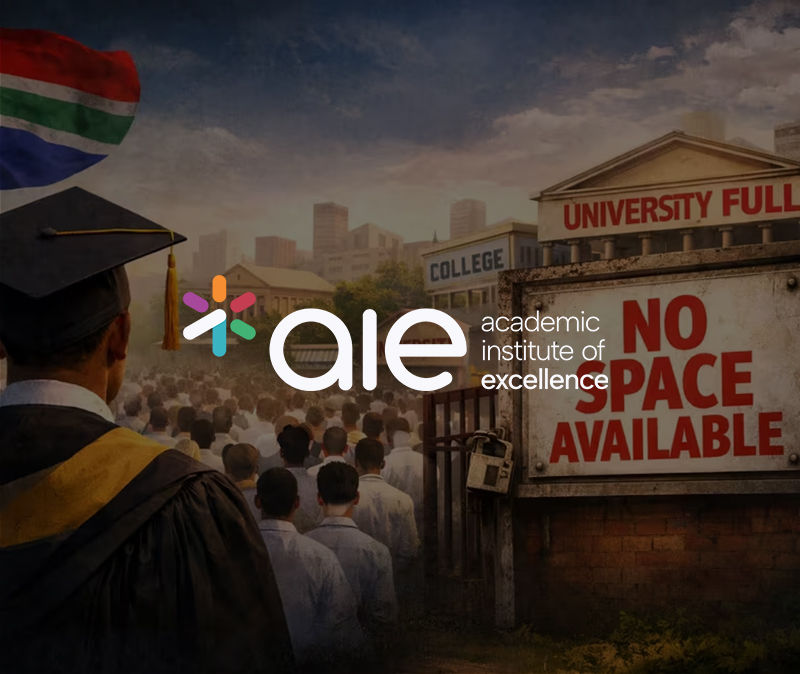PRIME TIME FOR AFRICA TO PLUG GROWING GAP IN BATTERY COMMODITIES MARKET
- PR Worx Admin
- Nov 30, 2022
- 2 min read
The battery commodities market is experiencing a golden age of growth and development, spurred on by rapidly accelerating advancements and the demand for cutting-edge battery technology to sustainably power the world.
Global battery demand is estimated to grow by some 1,615 GWh or 384.5% over the next eight years, according to statistics aggregator Statista. This upsurge in demand for lithium-ion and other batteries can largely be attributed to the evolvement of the transportation industry as electric vehicles become more commonplace.
“Unlike more established commodity markets such as gold and platinum, however, the battery market is still relatively immature, creating a golden opportunity for Africa’s mining sector to meet the growing gap in the market,” notes industry expert Johann de Bruin, founder and CEO of Erudite.
As an all-inclusive engineering, procurement, and construction management (EPCM) provider, Erudite has helped to pave the way for the African battery commodity mining sector since its inception, having assembled and trained a reputable team of highly skilled engineering experts to solve many of the industry’s most pressing issues.
Notably, Erudite is providing EPCM services to the Molo Graphite Project in southern Madagascar, nickel operations in South Africa, graphite in Tanzania, cobalt in Zambia, and copper in Namibia, among other commodities on the African continent.
Since the company’s founding in 2016, de Bruin and his team have developed a comprehensive understanding of the various complexities of the battery commodities market. They now leverage this knowledge to help their small and mid-tier mining clients fully utilise their opportunities through sustainable mineral beneficiation, and appropriate engineering and project management solutions that are applicable to these unique projects.
“A key challenge for mining companies currently is to balance supply and demand forces in a burgeoning market which is still in the process of stabilising. Right now, that means increasing the production of key commodities such as lithium, manganese, cobalt, nickel, and graphite in a meaningful way to meet current demand while setting up projects to be able to respond appropriately as the market matures,” he says.
“However, mining projects are capital intensive, slow to mature, and require extensive experience and expertise. Countries looking to benefit from this opportunity will need to harness and develop the necessary skills and knowledge particular to this complex industry.”
Erudite was founded at an opportune moment – a time when global sustainability discourse had undergone a fundamental change, and leaders in rechargeable battery technology had begun rising to the occasion en masse to make electric vehicle use feasible in modern society.
“We are now working towards a more renewable energy-centric world in which we need, more than anything, to protect our planet from carbon emissions. This means that the pressure is on for the battery commodities mining industry.”
Aside from external expertise and technical skills, African countries will need additional support in the form of private sector funding, state oversight, a skilled and trained local workforce, and intercontinental expertise from the best in the industry to help navigate complex industry standards and regulations, according to de Bruin.
“A diverse range of new mining projects have become viable because of the rapidly growing demand for battery commodities worldwide, which has resulted in increased profit potential. Projects that were previously unfeasible are now appealing to countries looking to grow their global economic reach, making this the opportune time to begin investing in the sector.”




Comments